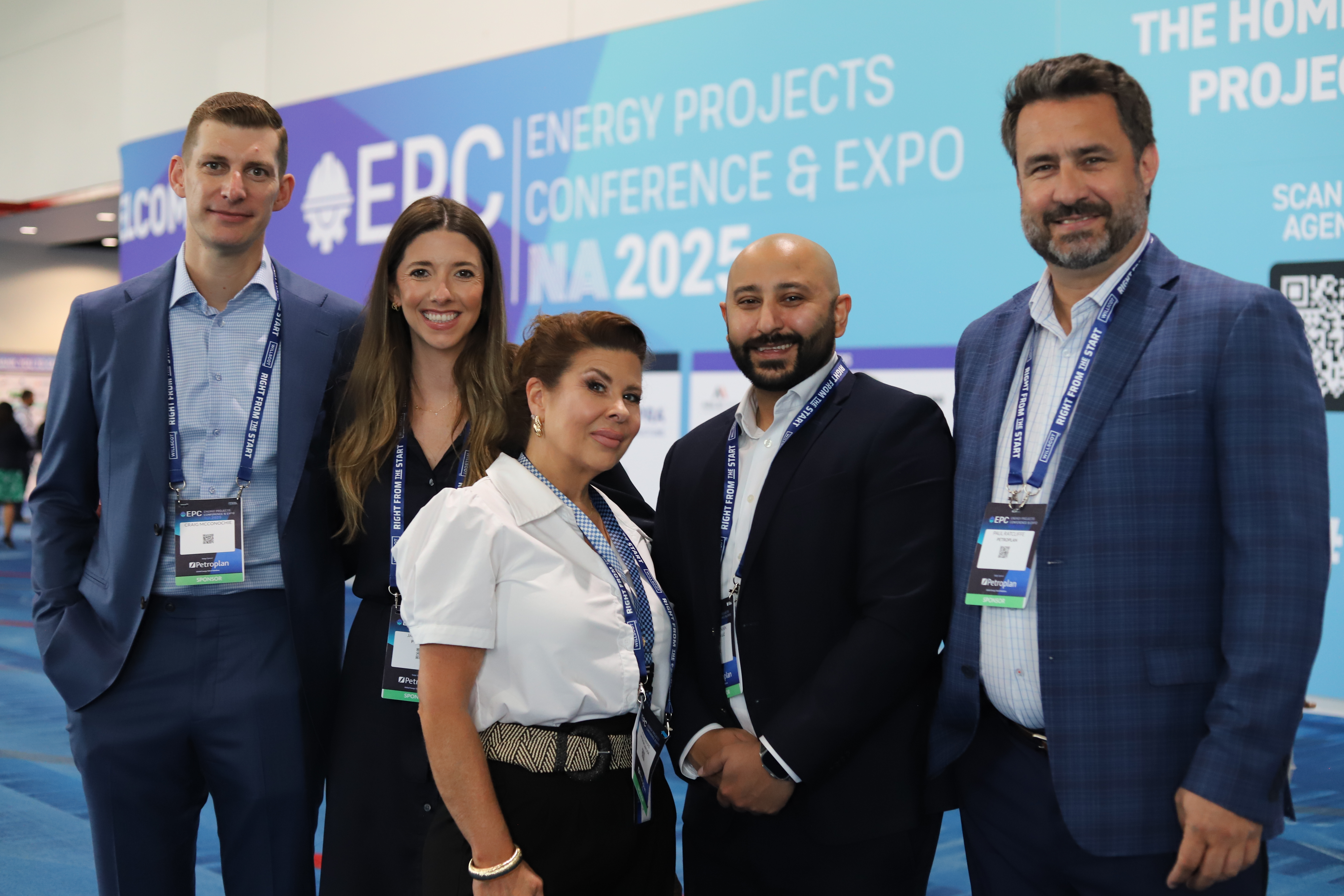January 09, 2021

With the continuing impact of the coronavirus pandemic and social distancing measures, it’s not a surprise that businesses all around the world have turned to remote hiring.
We’ve all had to embrace new ways of working, which includes a reliance on online interviews. In 2020, the Garter HR survey showed that 86% of employers are using online interviews to recruit candidates, but we suspect that figure is even higher now.
Despite COVID-19 impacting almost every sector, there are still many opportunities for professionals in the Energy sector. But at the same time, there are more people on the market due to retrenchment – many of them of a high calibre – and you need to aim to stand out even more than before.
With the job market changing significantly as a result of the pandemic, and more businesses finding new ways to hire, it’s not just the hiring interface that has changed. Online tests, for example, have become more common.
The interview process has become lengthier too, with many candidates having to go through multiple rounds of interviews, meeting more potential colleagues one to one online.
So how do you succeed at the online hiring process? Here are a few key tips to give you a head start.
Test your technology ahead of time
When it comes to online interviews, you need to make sure there are no problems with your technology. This means checking your internet connection, audio and camera quality well ahead of time.
If you want to feel extra prepared, why not do a trial run with a friend or family member to help you test the quality of your internet connection? That way, you’ll be able to practise some interview questions while at the same time, check to see if there are any problems with the sound or camera frame.
Once you feel confident about your technology, you’ll naturally feel more at ease when interviewing. It’s important the interviewer sees you as organised and efficient, so doing checks beforehand should be a priority.
Find a quiet space and think about your backdrop!
It’s important to conduct your online interview in a quiet space that’s well lit. Loud noises in the background or distractions from other people will affect your ability to concentrate, and almost certainly give off the wrong impression.
Likewise, the background is important and whilst it shows your sincerity to have a “real” backdrop, do think about what might be in the camera shot!
Scott Forsyth, Management Systems Lead, recently placed with one of Petroplan’s clients, emphasised the importance of finding a quiet space. He was successful in his online interviews and had this to say:
“It’s important that you remove your phone from the room, don’t answer the door during the interview and remove any children or pets. Windows should be closed too.”
In any interview situation, you must be fully present and show that you’re interested. If there are frequent interruptions or poor lighting, you’ll be giving off the signal that you’re not prepared.
Everyone recognises it can be difficult for professionals working from home who have to care for a family. If this is your situation, speak to the interviewer ahead of time to let them know there could be some disturbances – and how you will deal with the disturbances if needs be! This will show you’re an organised and conscientious professional.
Research the company
It’s essential that you treat an online interview as seriously as you would in-person, which means doing your thorough research.
If you want to impress the interviewer, find out as much about the company and those interviewing you as possible. It’s always obvious to any employer when a candidate hasn’t prepared.
“One advantage of a virtual interview is you can have bullet points available, so you’re more comfortable”
mentioned Scott.
There’s always a lots of information on a company’s website and social media channels. You can even search for any press releases or blog posts.
When you’re knowledgeable about the company, you’ll be in a much better position, as you can speak about the research you have found and what appeals to you.
Stay engaged throughout the call
In an online interview, you’re going to need to convey engagement as much as possible. Compared to an in-person interview, there are less visual cues, so it can be harder to show interest.
That’s why you need to make a conscious effort to ask lots of questions and engage the interviewer in a conversation about something non-work related to build rapport.
Scott Forsyth stressed the importance of staying engaged during a virtual interview.
“There are not the same body language cues, so you need to be more aware of what’s going on.”
It’s clear the best interviews feel natural and more like a meeting, rather than an assessment.
Be prepared with some interesting questions and try to avoid asking anything you could easily find out yourself. Remember, you’ll be competing against many other candidates, so make sure you are prepared to engage in a meaningful conversation with the interviewer(s).
Master the final round
It’s more than likely the process will include multiple rounds of interviews. As this progresses it's likely the nature of the interviews will shift from technical capabilities and experience, to softer skills and cultural fit.
In the final stages, do all you can to focus on building rapport with your interviewers, whilst staying focused on concisely answering all that is asked of you.
By this point, the company is already seriously considering you for the role, so take the opportunity to show that you’re a team player, you’re supportive and can fit seamlessly into a new team.
The best way to do this is to ask thoughtful questions about the team (and any other key stakeholders you’ll be working with) while emphasising your achievements, and how you build relationships with new people.
Much like in-person interviews, building a relationship in an online interview is crucial. Scott points out that “There’s not much difference between the two, but it’s all about building rapport.”
Be sure to find out what’s important to them all the way through so that you can mould your answers accordingly. In addition, be prepared to build your case for future success at the company.
Entrepreneur Jason Shen said in a TED conference that, “If you’re a candidate, don’t wait for an employer to ask. Seek out ways to showcase your unique skills and abilities.”
It’s important that you think of new ways to stand out in that final round and show why you’re the right person for the role. Setting up a mock video interview can help you feel even more prepared and you’ll be able to take note of how you sound too.
And remember, always strike a balance between humility and confidence to build trust with the interviewer.
Let Petroplan help you build your career
There’s no doubt that online interviews can be a challenging experience. It can be harder to make a long-lasting impression, but securing your next role doesn’t have to be daunting.
At Petroplan, we are here to provide expertise and support and, of course, find the right next step for you.
Our network is constantly growing, we care about you as an individual, and we provide the best opportunities in the market. If you want help landing your next role, do contact us for more information or view our latest oil and gas jobs.






You can also use your social account to sign in. First you need to:
To connect your social account you must Acknowledge the Terms & Conditions and Privacy Policy